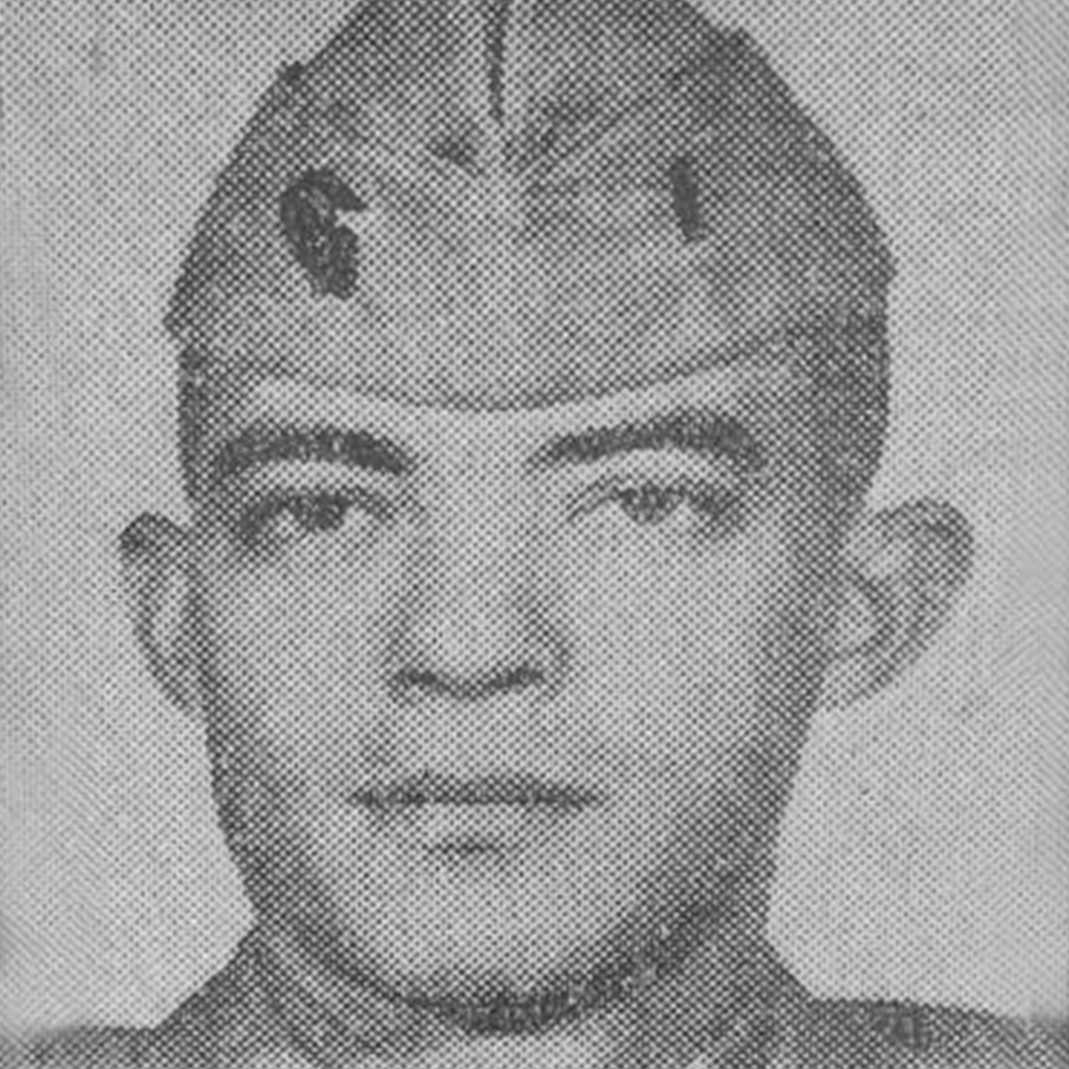Robert W. Hubbard
Captain Robert “Bob” Walker Hubbard served at CIA for less than a year before his life was cut short. The young man from Alabama was in Vietnam when the enemy’s Tet Offensive began in 1968. He put up a valiant fight and ultimately laid down his life for his friends. In doing so, he lived up to the very highest values of CIA.
Early Life
Bob was born on November 26, 1940 and grew up in Alabama. He graduated from Ithaca High School in Ithaca, New York before his family moved back to Alabama where he attended Auburn University. There, Bob was a member of Lambda Chi Alpha fraternity, which instilled in him the value of brotherhood. He was well-liked on campus and known to be a strong, loyal, and dependable friend.
Bob was commissioned into the United States Marine Corps during his senior year through Auburn’s Naval ROTC (NROTC) Unit, one of the oldest NROTC Units in the country. He graduated with a degree in industrial management in 1963.
Time with CIA
Bob was detailed to the CIA on April 10, 1967 to participate in the Revolutionary Development Cadre. The program brought experienced U.S. military officers on to serve as advisers and help win the hearts and minds of the Vietnamese by providing armed protection and reconstruction projects for rural villages.
His Final Mission
On January 31, 1968, Bob was carrying out his advisory duties within the city of Hue, Thua Thien Province when the North Vietnamese and Viet Cong troops broke a traditional holiday cease-fire and launched what came to be known as the Tet Offensive. Almost immediately, the quarters where he lived with a few colleagues came under intense ground fire. They were caught behind enemy lines in a battle that would nearly wipe the city off the map.
Undaunted by the unfolding situation, Bob quickly sprang into action. He organized the house’s defense, and the group thwarted every attempt by the enemy to overrun their stronghold. However, after two of the men were seriously wounded, they all knew that they had to move.
Over the following days, the communist forces maintained almost complete control of Hue. Bob led his men on a daring series of run-and-gun battles with the enemy, braving the relentless bullets and explosions to provide cover while they sought refuge.
Although he was acting in the capacity as a civilian adviser at the time, his skill as a Marine infantry officer instantly surfaced during the crisis. He was constantly going out on his own to retrieve food and water for his team, tending to the wounded among them, searching for assistance, and returning deadly accurate shots on the enemy. At one point, Bob passed around a bottle of Scotch that he had found. Every member of the team took a swig, not knowing if that would be their last.
On February 4, 1968, with their meager supplies and ammunition depleted, Bob led the group, armed only with a single hand grenade, in an attempt to reach friendly forces south of the city. During this fateful sprint to safety, he was hit and mortally wounded by small-arms fire. Several of Bob’s brothers in arms managed to escape thanks to his brilliant leadership, intrepid fighting spirit, and exceptional fortitude. He was 27 years old.
Bob was posthumously awarded the Navy Cross, the 2nd highest U.S. military award, for his valor. He was laid to rest at the Auburn Memorial Park Cemetery in Alabama. His name was released to the public and officially recognized in the CIA’s Book of Honor in 2025.
